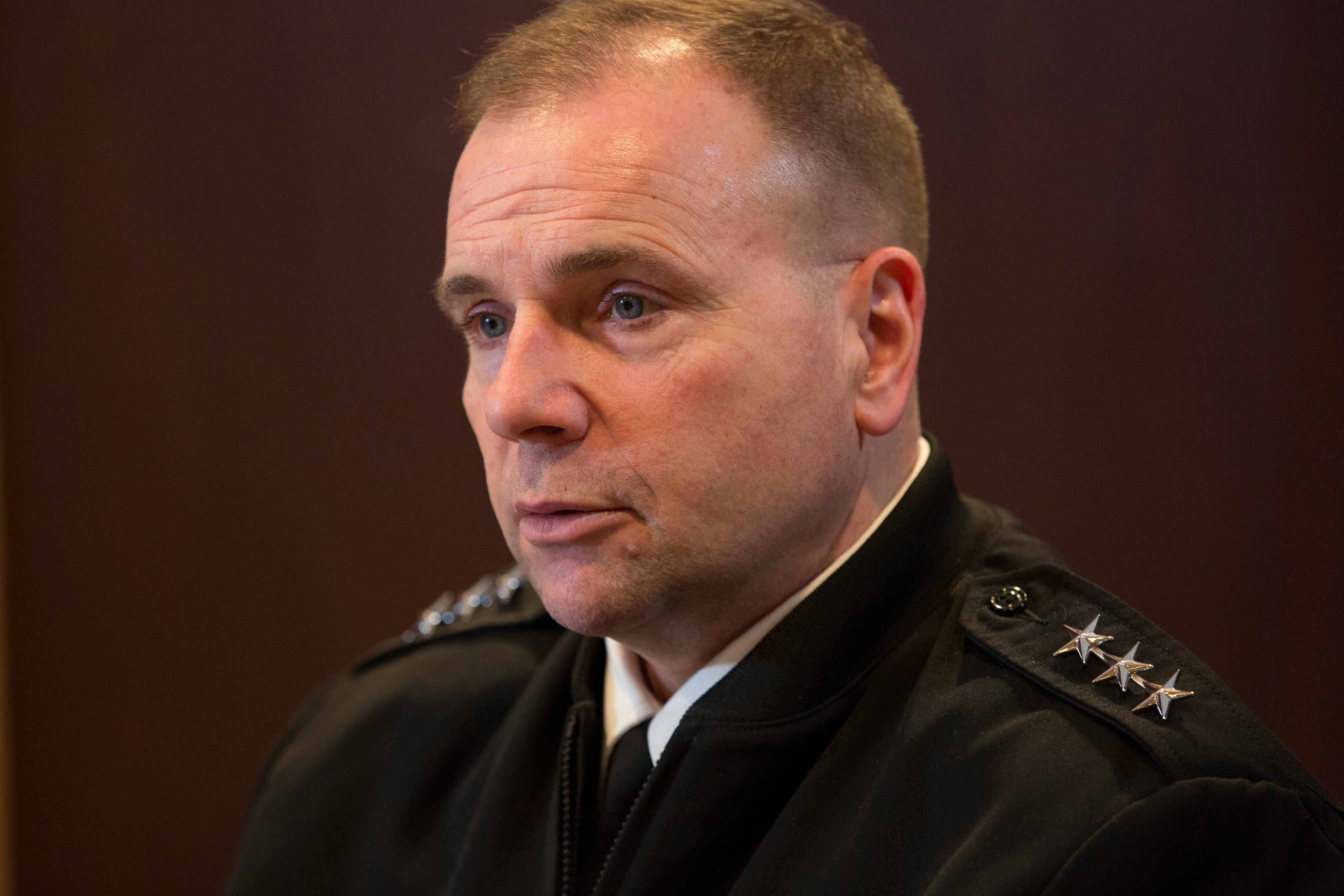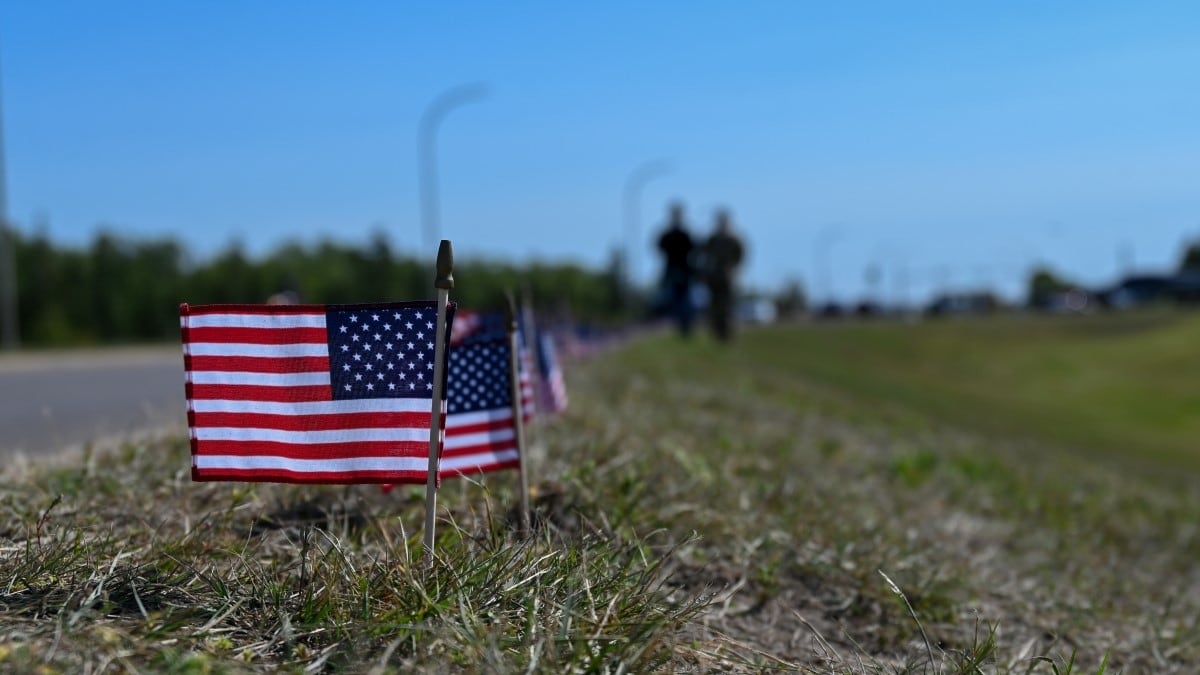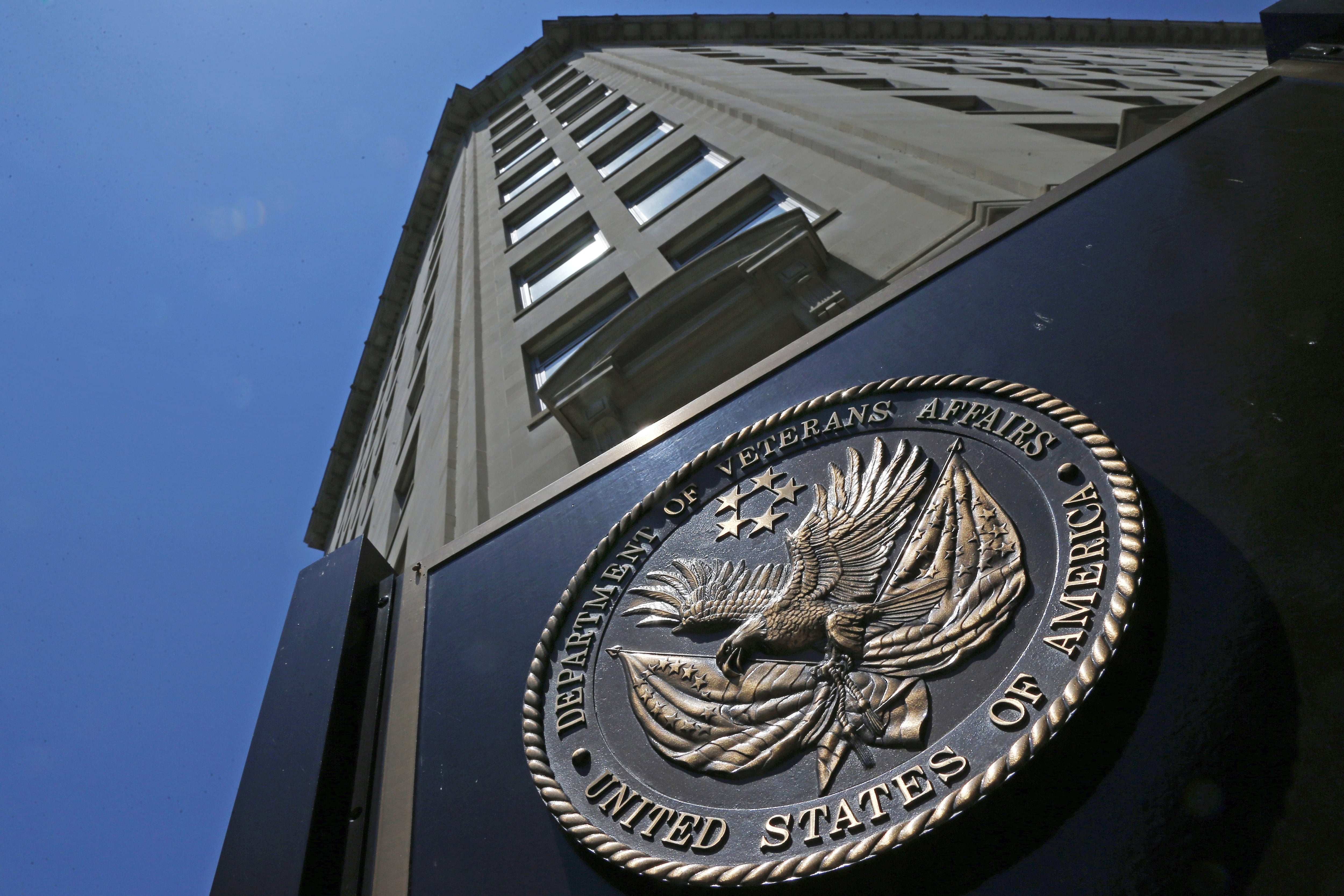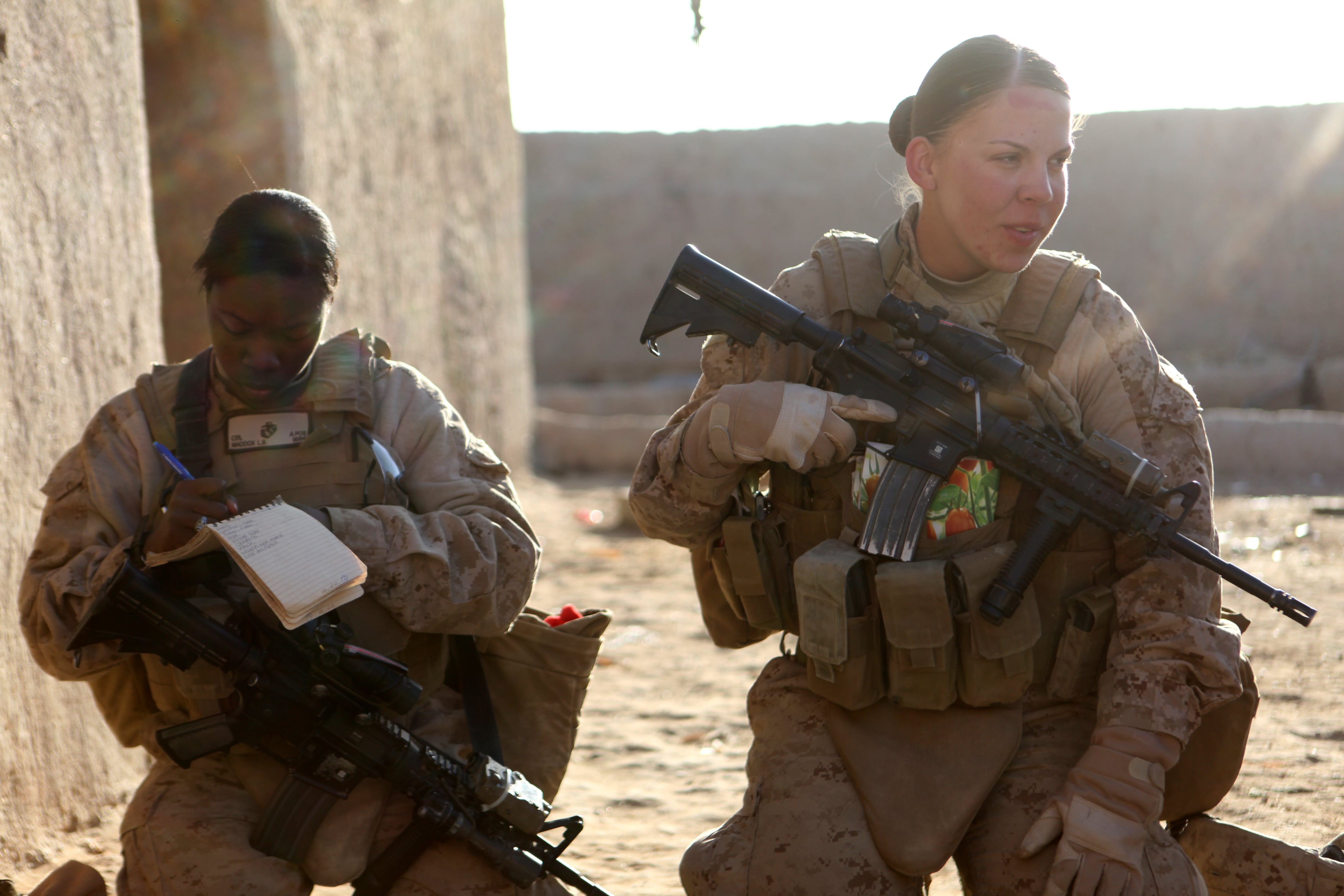The Army is closely monitoring the refugee crisis in Europe and is prepared to help if needed, the commander of U.S. Army Europe said Tuesday. It's also likely refugees will be housed in former U.S. barracks, said Lt. Gen. Ben Hodges, commanding general of USAREUR, in an interview with Army Times.
Commanders also are watching the situation for how it might impact the training activities U.S. troops are conducting to reassure America's allies in the region in the face of Russian aggression, Hodges said.
"If you're in Europe, they're not talking about Donald Trump or the upcoming elections or anything else," he said. "They're talking about refugees. It's in the front of everybody's mind."
And as the crisis drags on, force protection for U.S. troops could become a concern, he said.
As the Army has drawn down its forward-deployed presence in Europe, it has shut down and returned to the German government several of its posts, barracks and other facilities.
Because the Army has handed back to the German government "so many of the old U.S. Army kasernes [or barracks]" that they likely will end up being used to house refugees, Hodges said.

Lt. Gen. Ben Hodges is the commanding general of U.S. Army Europe.
Photo Credit: Alan Lessig/Staff
"If it ends up being right next to where we have American bases or American housing areas, we're going to have to pay close attention to force protection," he said. "I'm not seeing any issues now, I'm very pleased with and confident in our relationships with the German, Italian security forces, … but that's something that we'll pay attention to."
Thousands of refugees, most of them Syrians fleeing the civil war in their home country, have flooded into Europe, and authorities continue to struggle with the sudden influx of people.
"You look at the pictures, you see families with kids, people climbing into trains, people trying to get on buses," Hodges said. "There's a human story there."
Hodges said he worries about certain populations being vulnerable to extremist groups.
"I worry about having thousands of young men sitting in tents all winter, and it's starting to get cold and wet in Europe now," he said. "These guys are going to be sitting around in tents for months, and they're going to get real grumpy and frustrated, and I think that will make them very vulnerable to recruitment by extremist organizations."
The "emotional" situation has put strain on "our allies in the southern tier of Europe," namely in Portugal, Spain, Italy, Greece and Turkey, Hodges said.
"They're feeling the brunt of it because those are the ports of entry," he said.
A crisis such as this is not new to Europe, Hodges said.
"After World War II, every nation in Europe was shattered, and so you had millions of people moving around, and, eventually, they were able to absorb and assimilate them," he said.
Hodges said he is "confident that the [European Union] is going to figure out" how to handle the crisis, but he also continues to monitor how it might affect the way USAREUR is able to operate and conduct its theater security cooperation activities. These activities, alongside Operation Atlantic Resolve, have grown in recent months as the U.S. and its NATO allies work to counter Russian aggression.
"The direct impact on us is that, No. 1, some of the European countries are having to start using military capabilities to deal with this," Hodges said. "So now you're talking about a drain on countries that were already struggling to meet their 2 percent [defense spending pledge]. This will detract from that, so that's a concern."
Several European countries also are already talking about possibly further restricting movement from one country to another within the region, Hodges said.
Additional restrictions could limit "freedom of movement for military, for the [Very High Readiness Joint Task Force] or for the U.S. or others to move inside Europe," he said.
"It's already restrictive," Hodges said. "If it becomes more restricted, then that hurts our ability to give our political leaders options because we won't be able to move as quickly to preempt or respond to potential crises."
So far, the Army has not been asked to provide any direct assistance or humanitarian aid, Hodges said.
"But good logisticians always anticipate requirements, so our guys have identified … tents, cots, blankets, rations, things like that," he said. "We know where they are so that if we were tasked, we could probably respond pretty quick."
As the crisis continues, its fallout will impact the Army in the region, whether directly or indirectly, Hodges said.
"It hasn't slowed us up, but it potentially could as our allies begin having to divert away from it," he said.
Michelle Tan is the editor of Army Times and Air Force Times. She has covered the military for Military Times since 2005, and has embedded with U.S. troops in Iraq, Afghanistan, Kuwait, Haiti, Gabon and the Horn of Africa.




